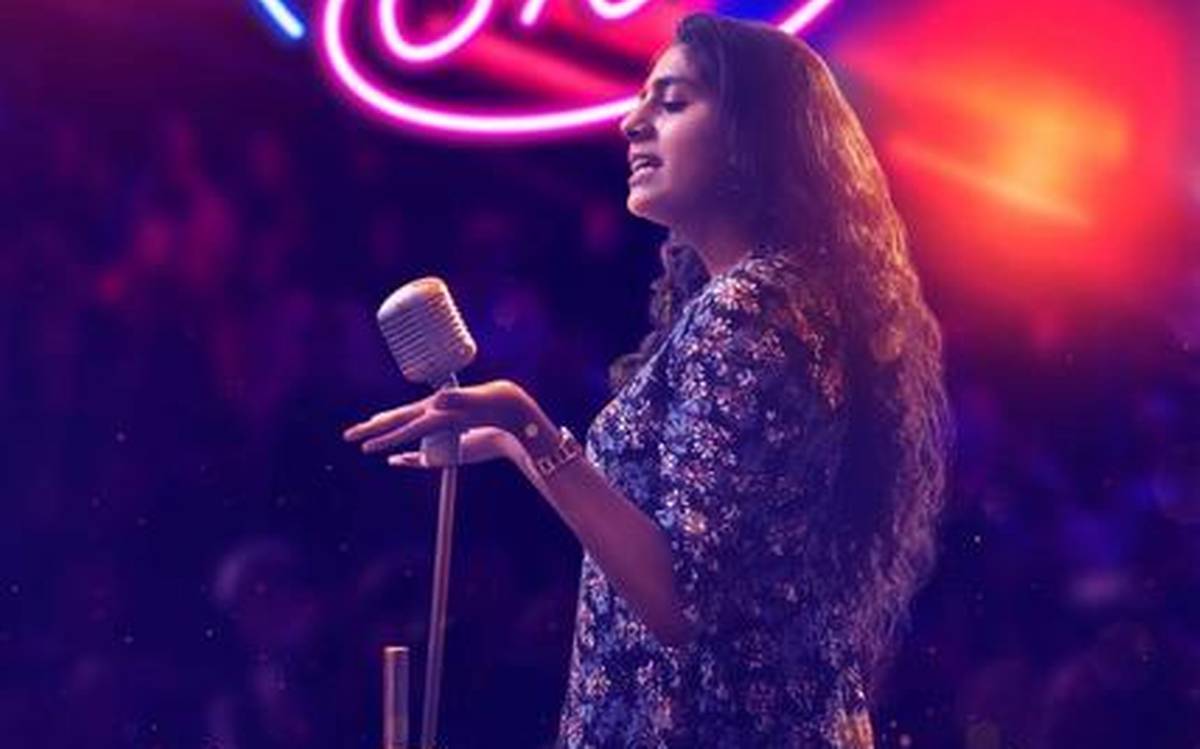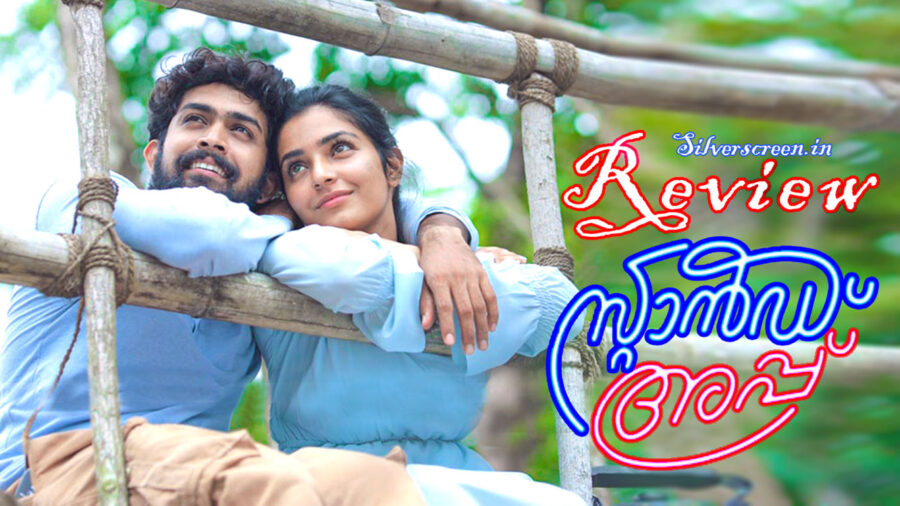Director: Vidhu Vincent
Cast: Rajisha Vijayan, Nimisha Sajayan
Director Vidhu Vincent‘s sophomore film Stand Up has a loud and clear political voice. The women in the film, everyone including sub-characters who appear in a passing shot, are bound by a thread of sisterhood. Two friends, Diya (Rajisha Vijayan) and Keerthi (Nimisha Sajayan), hold hands and make a silent pact to stay close and fight a case of rape together in which the former is the victim and the latter, the kin of the rapist. A policewoman who is a strict taskmaster at work, feels a wave of empathy on seeing a gravely wounded woman on a hospital bed. A doctor strokes the hair of her patient, the rape victim, affectionately and kisses her forehead and assures that nothing has changed. A wife who has always stayed submissive to her rich and insensitive husband, shouts down him when he boasts about how he intimidated a young woman who had filed a sexual assault case against their son.
These women are divided by circumstances, but united by certain emotions, the primary one of being marginal in a world controlled by men.
But, but despite having a powerful stance on gender politics, this is a film that bears the brunt of being too perfect and politically correct. Vincent has a plot that ticks all the boxes that a film on the subject of sexual harassment demands. She hardly makes an effort to engage with the audience cinematically.
The crux of the problem is a serious lack of good writing. Every character is an example, and not really an organic part of the story’s course. The characterisations, relationship arcs and even the heartwarming sisterhood in the film are pitch-perfect and simplistic, sans any complexities or obscurities that make them real. “I am backing Diya because I am a woman,” announces Keerthi in style in a scene. But what about the emotional turmoil she undergoes when the people she has to fight is her own family? The film omits details of such struggles, perhaps because it’s easier and less complicated to narrate the story that way.
The cinematography – lensing, compositions, lighting and even the movement of the camera – is all over the place, barricading the viewer from feeling for the proceedings on the screen.
The constant undercurrent of political sloganeering robs the narrative of an organic flow. For instance, when Diya’s family is approached by her rapist’s parents, offering to take her in as a daughter-in-law, her father is delighted. You know the course of events that are to follow because every dialogue in this part reeks of cliches. Even the change of heart that he undergoes is depicted only verbally and not through a well-written scene that delves into his psyche.
There is a lengthy voice-over in a pivotal part in the film which belongs rather to a PSA video than to a feature film. The climactic part, where the women stand up for themselves and have the final victory over their assaulters, is shot in broad strokes, without a hint of cinema. Stand-up might as well be a bed-time storybook for young women on sisterhood, coming out of toxic relationships and fighting gender-based violence.

nimisha
The opening scene, where Keerthi introduces her family to the audience in and outside the frame through a stand-up comedy performance, is a novel idea. But it falls flat because of its sheer lack of humour. Borrowing the shallowest trick up the sleeve of a stand-up comedian, Keerthi jokes about regional stereotypes (“post-sunset, the entire male community in Kottayam are sloshed, and that’s why Kottayam is the coolest!”) And there is a tonal mismatch in this part because she establishes her brother as an immature but loveable young man. But he is also the abominable villain in her story. Vincent designs this transition passably, without looking into the nuances of the societal conditioning that sanctions rape as a device to control women. And, strangely, the film almost never uses the word ‘rape’, and replaces it with the generic term ‘crime’.
Recommended
Not everyday does a film that talks about the experience of a sexual abuse victim come to our cinemas. Vincent succeeds in walking the audience through the pain – physical, emotional and psychological – that Diya suffers. You see her writhing in pain on toilet every morning, tremble when someone mentions her assaulter, and cry out helplessly on undergoing a medical examination. Rajisha Vijayan internalises Diya’s experience and performs the role with so much empathy and rawness. In spite of the many flaws, Stand Up is an important film that deserves to be watched for this empathy that it possesses and emanates.
The Stand-Up review is a Silverscreen original article. It was not paid for or commissioned by anyone associated with the film. Silverscreen.in and its writers do not have any commercial relationship with movies that are reviewed on the site.



